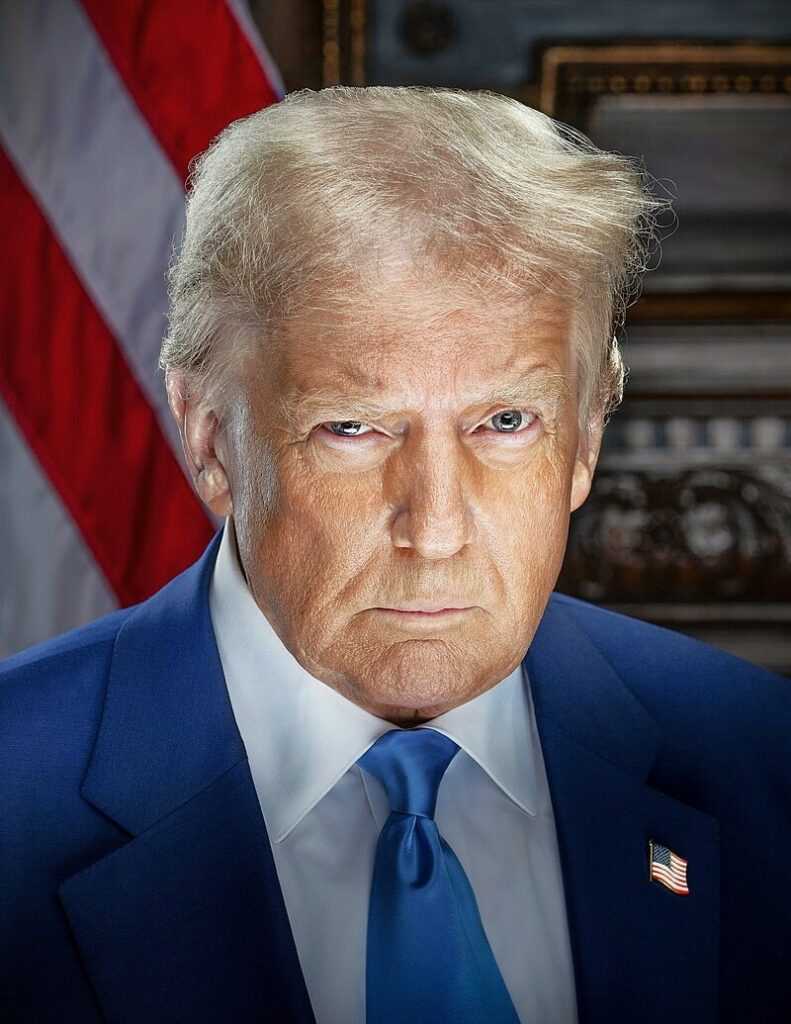
Trump is rolling out a new wave of tariffs this Wednesday, April 2, in what he’s calling “Liberation Day.” These sweeping measures target a range of imports, aiming to boost domestic production while also taking aim at trade imbalances, drug-related issues, and geopolitical rivalries. But as history shows, tariffs rarely come without consequences.
Key Tariffs & Industries Affected
- Automobiles: A hefty 25% tariff on imported cars and auto parts could drive up vehicle prices for American consumers. The move has already triggered a rush to buy cars before the hike kicks in. Experts warn that this could add thousands of dollars to car prices, hitting middle-class buyers the hardest.
- Pharmaceuticals & Raw Materials: New taxes on imported prescription drugs, copper, and lumber are expected to raise costs for both consumers and industries reliant on these materials. Meanwhile, Trump has tacked on an additional 25% tariff on countries importing Venezuelan oil, despite the U.S. still relying on Venezuelan crude itself.
- China-Specific Tariffs: A 20% import tax on Chinese goods is being justified as a response to China’s alleged role in the fentanyl crisis. This could escalate tensions between the two nations and disrupt supply chains.
- Canada & Mexico: Additional tariffs have been placed on goods from these neighboring countries, with Trump citing concerns over drug smuggling and illegal immigration as justification. This could put further strain on North American trade relations.
Global Response & Retaliation
The European Union has already signaled its willingness to fight back. European Commission President Ursula von der Leyen stated that the EU won’t shy away from countermeasures if these tariffs impact European businesses. Reports suggest the EU is prepared to impose retaliatory tariffs on $28 billion worth of U.S. goods, including steel, aluminum, textiles, and agricultural exports.
Economic Fallout: What This Means for You
Markets are reacting negatively, with Wall Street bracing for potential disruptions in global trade. Analysts warn that these tariffs could lead to:
- Higher consumer prices on everything from vehicles to prescription medications.
- Supply chain slowdowns, particularly in industries reliant on imported raw materials.
- Increased inflation, as businesses pass the costs of tariffs onto consumers.
- Retaliatory tariffs, making it harder for American exporters to compete globally.
Despite these concerns, the Trump administration believes the tariffs will force companies to bring manufacturing jobs back to the U.S. Whether that happens—or if the move backfires—remains to be seen.



